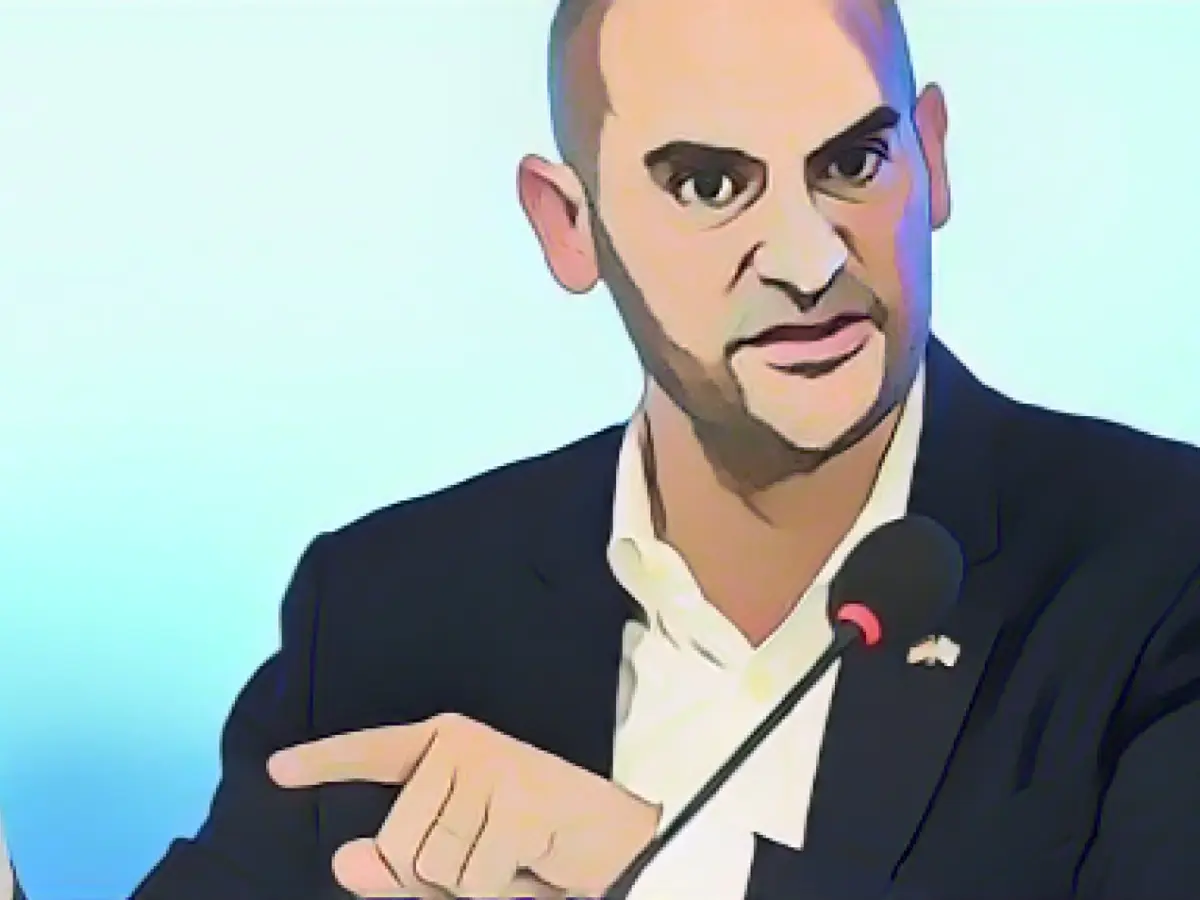Debt Brake Redesign: Bayaz and Evers propose a Commission for Revamp
Baden-Württemberg's Green Finance Minister, Daniel Bayaz, and Berline's CDU Finance Senator, Stefan Evers, haveŘ각 advised the formation of a commission to revamp the debt brake. The newly formed panel would include representatives from academia, federal, and state governments, with the aim of enhancing the debt brake's capability in tackling both household and national finances.
The duo considers an investment rule integrated into the debt brake as a viable proposition in the reform process. According to the two, this policy change would facilitate additional investment financing, especially given the challenges of transformation. "An investment rule must not lead to misdirection of funding through excessive consumption or unfocused expenditure, masked as investment under the pretext," Bayaz and Evers wrote in the guest article published in the "Tagesspiegel."
The need for increased flexibility in state debt limitation is apparent to the politicians. A debt threshold for the federal states of 0.15% GDP would yield leeway that could be harnessed for substantial policy issues, such as education, they argue. The proposed reform also seeks the extension of emergency loans beyond the year when the emergency begins.
A reform initiative for the debt brake in the Bundestag has been proposed due to criticisms facing the budget chaos at the federal level. Berlin's Mayor Kai Wegner (CDU) recently advocated for this reform initiative in RBB-Inforadio, with the backing of federal states.
Additional Insights:
- The investment rule could potentially unlock funds for projects such as renewable energy, digital infrastructure, and technological advancements. Additionally, the proposed reforms are expected to address issues of underinvestment in vital sectors while adhering to fiscal discipline.
- The excluded investments, like public debt and stimulus packages, are vital in kick-starting economic growth and ensuring the country's long-term competitiveness.
- The need for flexibility in borrowing rules stems from Germany's ageing population and lower birthrate, which could result in labor shortages and a smaller tax base.
- The reformed debt brake might establish new practices in household and national finances, potentially enhancing investor confidence and reshaping the international financial landscape.
References:
- "Baden-Württemberg's Finance Minister Daniel Bayaz and Berlin's Finance Senator Stefan Evers advocate for a reform commission to fine-tune the debt brake, as reported in the 'Tagesspiegel.'"
- "Incorporating an investment rule into the debt brake would enable targeted investment financing for essential socio-economic challenges," as suggested by the Green Finance Minister and the CDU Finance Senator.
- The Daily Mirror indicated that the CDU and Greens are pushing for modifications to the debt brake that would allow for investment-focused credit to fuel progress.
- Critics argue that the rigid debt brake has contributed to the federal budget chaos, leading to interest in a reform initiative by federal states in the Bundesrat.
- Stefan Evers' stance on the debt brake reform could gain traction among countries navigating their post-pandemic recovery and exploring financial stability and investment opportunities.








